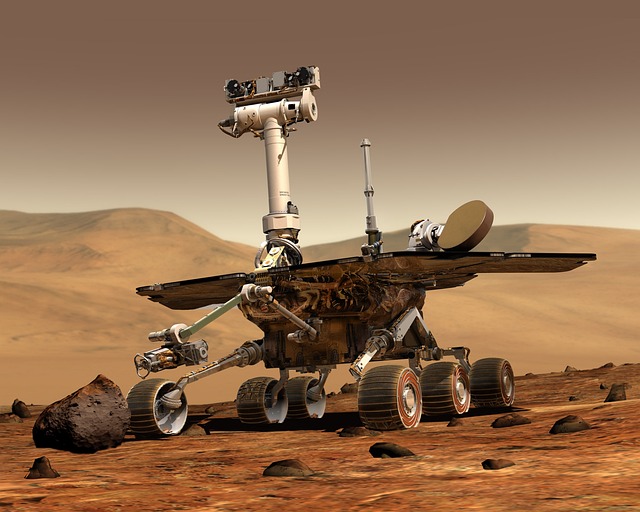In the rapidly evolving landscape of technology, fuzzy logic is emerging as a game-changer, particularly in the realms of robotics, artificial intelligence, and business automation. It offers a new paradigm of understanding and decision-making that mirrors human reasoning, thereby transforming how machines learn and adapt to real-world challenges.
At the core of fuzzy logic is its ability to handle the uncertainty and complexities inherent in our daily lives. Unlike traditional binary logic, which operates on a strict true/false basis, fuzzy logic embraces the gray areas, allowing for a more nuanced approach. This flexibility is especially beneficial in robotics, where machines often encounter unpredictable environments and variable conditions. By integrating fuzzy logic, robots can make more informed decisions, enhancing their reliability and efficiency.
Take, for example, autonomous vehicles. These cutting-edge robots must interpret a multitude of signals from their surroundings—everything from changing traffic lights to erratic pedestrian movements. By employing fuzzy logic, these vehicles can assess numerous factors simultaneously, making split-second decisions that traditional systems might struggle with. This capability not only improves their safety but also enhances the overall user experience.
In artificial intelligence, fuzzy logic empowers systems to process vague and imprecise information, much like humans do. This characteristic is vital in areas such as natural language processing, where communication is often ambiguous. AI models leveraging fuzzy logic can better understand context, tone, and subtleties, leading to improved interactions that feel more organic and human-like.
Furthermore, the influence of fuzzy logic extends into the world of business automation. Companies today are increasingly relying on sophisticated algorithms to streamline operations, improve customer service, and make data-driven decisions. By incorporating fuzzy logic into their automated systems, businesses can enhance their responsiveness to market fluctuations and customer preferences. For instance, inventory management systems that utilize fuzzy logic can better predict stock needs based on vague indicators, such as seasonal trends and consumer behavior patterns, leading to reduced waste and increased efficiency.
The beauty of fuzzy logic lies in its adaptability. As industries continue to seek ways to enhance productivity and innovation, the principles of fuzzy reasoning offer a pathway to more intelligent systems. Robotics can become more intuitive, AI can evolve to make sense of the complexities of human interaction, and business automation can transform into a dynamic engine for growth and adaptability. Embracing fuzzy logic is not just a technological upgrade; it’s a fundamental shift in how we learn from and interact with the world around us.
As we look to the future, the potential of fuzzy logic seems limitless. It’s not merely about automating processes but about creating systems that can learn, adapt, and evolve. For educators, technologists, and business leaders alike, understanding and integrating fuzzy logic could be crucial in navigating the complexities of our increasingly digital and interconnected world.




